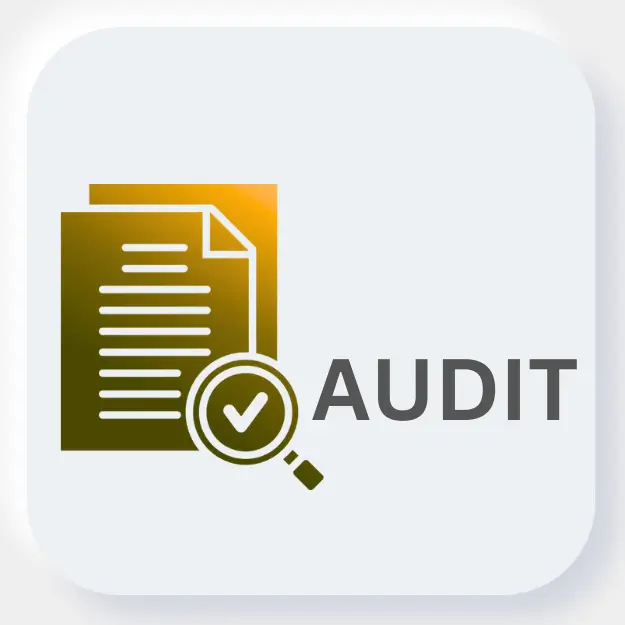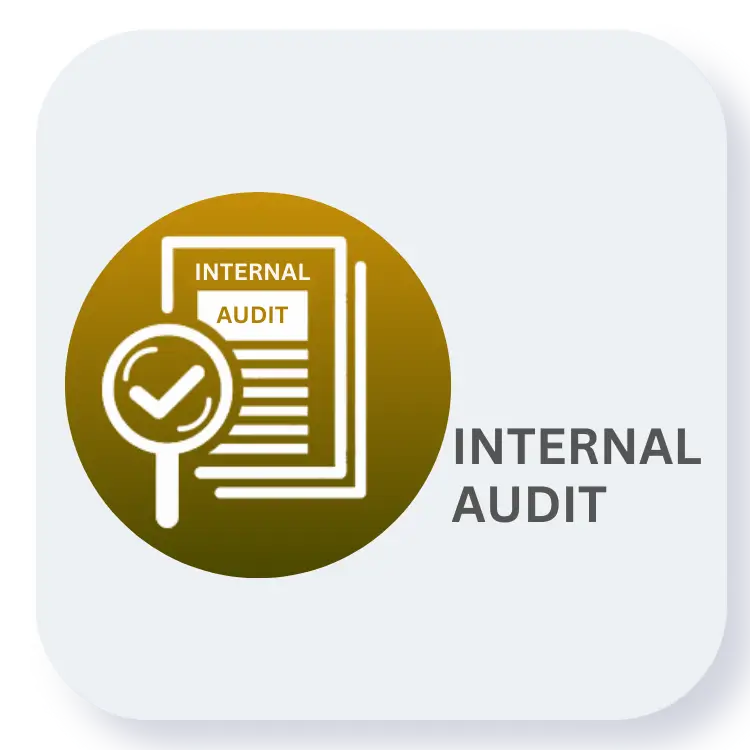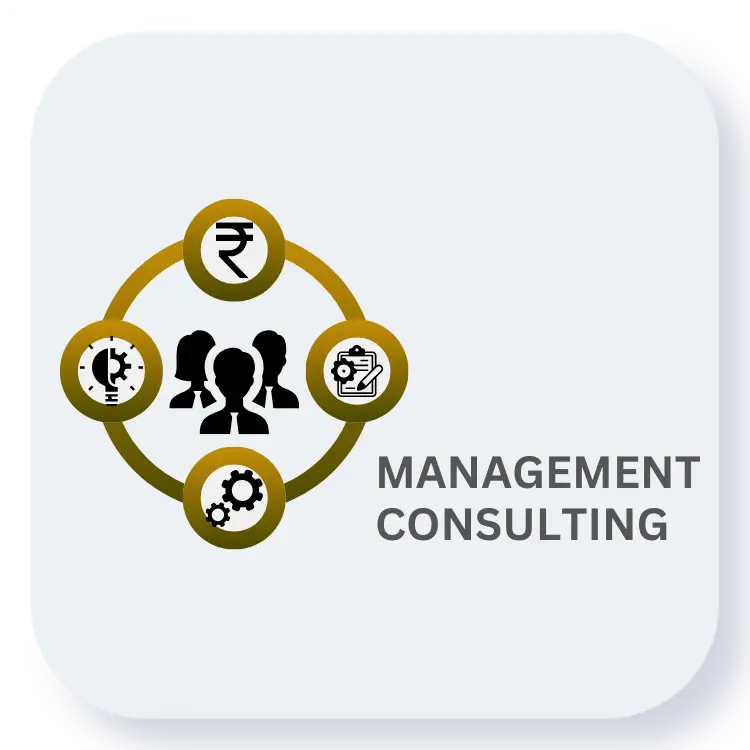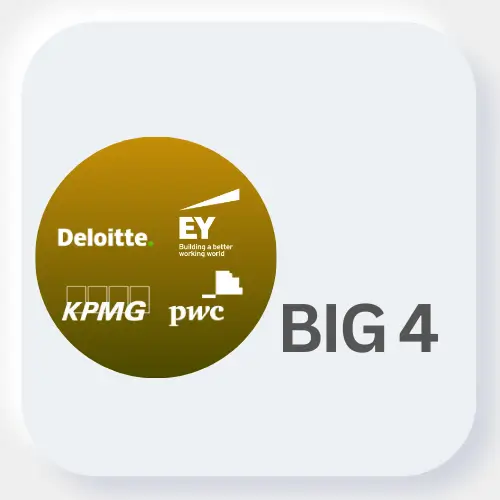Introduction
The Chartered Accountancy (CA) profession is among the most respected and challenging careers, not only
in India but globally. A successful Chartered Accountant is one who can navigate the complex financial
landscape with a combination of technical expertise and essential soft skills. In 2024, being a
successful CA requires much more than just passing the rigorous exams set by the Institute of Chartered
Accountants of India (ICAI). It involves a well-rounded skill set that ensures you thrive in an
ever-evolving financial world.This blog explores the critical skills every Chartered Accountant must
cultivate to ensure a successful career. Whether you're a CA student or an experienced professional
aiming to enhance your career, this guide provides essential insights.
Why Skills Matter for a Successful CA ?
The financial world is dynamic, influenced by constant changes in technology, regulations, and global
economic conditions. As a result, the skills for a successful CA go beyond technical knowledge.
Chartered Accountants must be equipped with a versatile skill set that includes problem-solving,
leadership, time management, and more. These skills not only help in executing day-to-day tasks but also
in securing top-tier jobs for Chartered Accountants in today’s competitive job market.For those
wondering about life after CA or the best jobs for CAs, the following skills are indispensable for
long-term success.
1. Analytical Skills: The Core of a Successful CA
Analytical skills are the backbone of any Chartered Accountant’s success. A CA’s role often involves
working with large volumes of financial data, such as auditing reports, tax calculations, and
financial statements. The ability to analyze and interpret this data is essential for making
informed financial decisions and offering strategic advice to clients.
Why Analytical Skills Are Critical for a Successful CA:
- Data Interpretation :
Chartered Accountants must be able to interpret complex financial data, identify trends, and
present actionable insights. This is vital in various jobs for Chartered Accountants, including
auditing and financial consultancy.
- Problem-Solving : Analytical skills allow CAs to break down complex issues,
offering effective solutions that drive business performance.
- Risk Assessment : A successful CA can foresee potential financial risks and
create strategies to mitigate them, ensuring the company's financial health.
Analytical skills are essential for navigating life after CA, whether you're working in corporate
finance, auditing, or consultancy.
2. Communication Skills: Bridging the Gap Between Numbers and People
In today’s fast-paced business environment, communication skills are just as important as technical
expertise for a successful CA. Chartered Accountants often deal with non-financial professionals, so
the ability to explain complex financial data in simple terms is crucial.
Why Communication Skills Matter for a Successful CA :
- Client Interaction :
Whether in person or through written reports, a successful CA needs to communicate financial
insights in a way that clients can easily understand. This skill is essential for those seeking
jobs for Chartered Accountants in client-facing roles.
- Presentations : A successful CA often presents findings to senior management or
boards of directors. Clear, concise presentations can make a big difference in decision-making
processes.
- Team Collaboration : Many jobs for Chartered Accountants involve working in
teams, so effective communication ensures smooth collaboration and minimizes misunderstandings.
Strong communication skills are indispensable for those looking to thrive in their life after CA.
3. Time Management: A Crucial Skill for Handling the Pressure
Effective time management is critical for a successful CA, given the tight deadlines that often
accompany tasks like tax filings, audits, and financial reporting. Balancing multiple
responsibilities efficiently is a skill that cannot be overstated.
Why Time Management Is Crucial for a Successful CA:
- Meeting Deadlines :
Whether it’s tax season or year-end audits, a successful CA must deliver quality work under
tight deadlines.
- Client Management : Juggling the needs of multiple clients is a common
challenge in life after CA. Time management helps ensure that each client receives the attention
they deserve.
- Task Prioritization : Every task a CA handles may have different levels of
urgency. The ability to prioritize ensures that critical tasks are completed on time without
compromising quality.
For those exploring jobs for Chartered Accountants, especially in high-pressure environments like tax
consultancy or corporate finance, time management is key.
4. Leadership Skills: Essential for Career Growth
A successful CA often moves into leadership or managerial roles. Whether managing a team or advising
clients on high-level financial decisions, leadership skills are crucial for long-term success.
Why Leadership Skills Are Important for a Successful CA:
- Team Management :
As Chartered Accountants climb the corporate ladder, managing teams becomes part of their life
after CA. Delegating tasks, resolving conflicts, and motivating team members are essential
leadership qualities.
- Client Management : Leadership skills are also necessary when managing client
relationships, providing strategic financial advice, and leading client engagements.
- Decision-Making : A successful CA must often make quick, sound decisions that
affect both the team and the client. Strong leadership ensures that these decisions benefit
everyone involved.
Developing leadership skills will significantly enhance your career prospects, making you a strong
candidate for various jobs for Chartered Accountants in managerial positions.
5. Problem-Solving Skills: Navigating Complex Financial Challenges
Problem-solving skills are essential for a successful CA. From reconciling discrepancies in financial
statements to advising clients on tax-saving strategies, Chartered Accountants are often faced with
complex challenges that require innovative solutions.
Why Problem-Solving Skills Are Critical for a Successful CA:
- Financial Complexity: Chartered Accountants frequently deal with intricate
financial issues, such as resolving tax disputes or addressing audit concerns. Problem-solving
abilities are crucial for overcoming these challenges.
- Client Advisory: Clients expect their Chartered Accountants to provide
effective solutions for their financial problems. This could range from optimizing tax
liabilities to ensuring compliance with new regulations.
- Risk Management : Identifying and mitigating risks is a core function of a CA’s
role. Problem-solving skills are essential for safeguarding a company’s financial stability.
Problem-solving is a fundamental skill that distinguishes a successful CA from their peers, ensuring
a fruitful life after CA.
6. Technical Skills: Staying Up-to-Date with Accounting Standards and Technology
A Chartered Accountant’s technical proficiency is the bedrock of their career. However, staying
up-to-date with the latest accounting software and regulations is just as important for a successful
CA in 2024.
Why Technical Skills Are Vital for a Successful CA :
- Mastery of Accounting Principles : A deep understanding of standards like GAAP
or IFRS is crucial for preparing accurate financial reports.
- Tax and Compliance : CAs must stay informed about the latest tax laws and
regulatory changes to offer the most accurate advice to their clients.
- Technology : Proficiency with accounting software like Tally, SAP, and
QuickBooks is no longer optional. Additionally, knowledge of emerging technologies like
artificial intelligence and blockchain is becoming increasingly important for automating tasks
and providing data-driven insights.
In today’s competitive job market, where jobs for Chartered Accountants are abundant but selective,
keeping your technical skills sharp is a must.

7. Ethics and Integrity: Building Long-Term Trust
Ethics and integrity are fundamental to the CA profession. Chartered Accountants often handle
sensitive financial data, so maintaining a high level of ethical conduct is crucial for building
long-term trust with clients and employers.
Why Ethics and Integrity Are Essential for a Successful CA:
- Confidentiality: CAs have access to confidential financial data, and it’s their
ethical responsibility to maintain discretion.
- Client Trust: Strong ethics build trust with clients, which is the cornerstone
of a successful CA-client relationship.
- Professional Standards: Adhering to ICAI’s ethical guidelines not only protects
the individual CA but also maintains the integrity of the entire profession.
Without ethics and integrity, a CA risks damaging their reputation and losing valuable clients,
making this one of the most critical skills for a successful CA.
8. Adaptability and Continuous Learning: Keeping Up with Changes
The financial landscape is constantly evolving, driven by regulatory changes, technological
advancements, and shifting market conditions. A successful CA must be adaptable and committed to
continuous learning to stay relevant.
Why Adaptability Is Key for a Successful CA:
- Regulatory Changes: frequently update tax laws and compliance requirements.
Staying informed is essential for offering accurate financial advice.
- Technological Advancements: As AI, blockchain, and data analytics continue to
reshape the financial industry, a successful CA must adapt to these changes.
- Client Needs: A flexible and adaptable approach ensures that you can meet the
diverse and evolving needs of your clients, setting you up for a successful life after CA.
Adaptability is crucial for staying ahead in a profession that is continuously evolving, ensuring
long-term career success.
9. Financial and Strategic Management: Beyond Number Crunching
While crunching numbers is an essential part of a CA’s job, strategic financial management sets a
successful CA apart. The ability to align a company’s financial goals with its overall strategy is
invaluable in today’s business environment.
Why Strategic Management Skills Are Critical for a Successful CA:
- Financial Planning: CAs are often involved in budgeting and forecasting.
Understanding how to manage these strategically is essential for business success.
- Investment Advice: Knowledge of financial markets and investment strategies is
crucial for advising clients on potential opportunities.
- Business Acumen: A Chartered Accountant with a deep understanding of the
broader business environment can offer more valuable insights and drive growth.
For those exploring life after CA or aiming for executive roles, financial and strategic management
skills are a must-have.
Conclusion
In conclusion, while the academic rigor of becoming a CA provides a solid foundation, the skills for a
successful CA go far beyond exams. Analytical skills, communication, time management, leadership,
problem-solving, technical proficiency, ethics, adaptability, and strategic management are all essential
for thriving in this competitive field.Focusing on developing these skills will not only prepare you for
a variety of jobs for Chartered Accountants but will also ensure a successful life after CA. By
continuously learning and adapting to the changing landscape, you'll set yourself up for long-term
success in 2024 and beyond.





















































